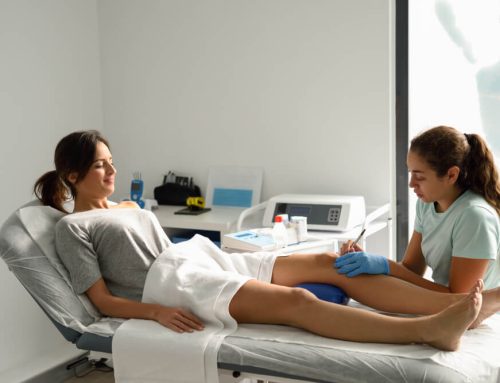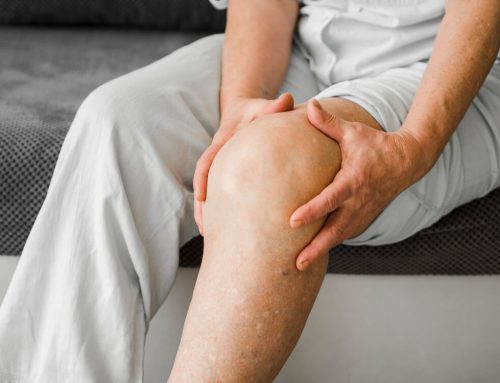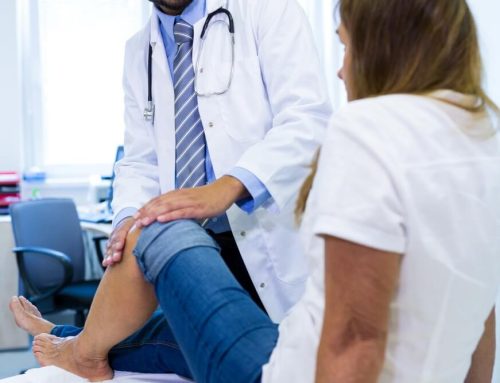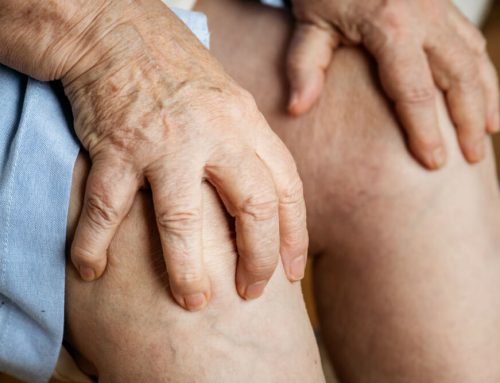
Varicose Vein Complications: When to Be Concerned
Varicose veins are a common vascular condition that affects millions of people worldwide. While they often manifest as a cosmetic concern, it’s essential to understand that varicose veins can lead to various complications. At Vascular Surgery Medical Group, we specialize in the treatment and management of varicose veins. In this comprehensive guide, we will explore the potential complications associated with varicose veins and help you recognize when it’s time to seek medical attention.
Understanding Varicose Veins
Varicose veins are enlarged, twisted veins, most commonly found in the legs. They occur when the valves within the veins weaken or become damaged, causing blood to pool in the affected vein. This leads to the characteristic appearance of bulging, rope-like veins beneath the skin’s surface.
Common Complications of Varicose Veins
1. Pain and Discomfort:
While some individuals with varicose veins may experience no symptoms, others may suffer from aching, throbbing, or a sense of heaviness in the legs. Prolonged discomfort can significantly impact your quality of life.
2. Swelling and Edema:
Varicose veins can impede proper blood flow, resulting in fluid retention and swelling in the legs, ankles, and feet. This condition, known as edema, can be uncomfortable and hinder your mobility.
3. Skin Changes:
Over time, untreated varicose veins can lead to skin changes around the affected area. This may include skin discoloration, redness, and the development of spider veins. In severe cases, skin ulcers, known as venous ulcers, can form.
4. Bleeding:
Fragile veins near the surface of the skin are prone to injury. Even minor trauma can lead to bleeding, which may be challenging to control without medical intervention.
5. Thrombophlebitis:
Inflammation of a vein, known as thrombophlebitis, can occur with varicose veins. This condition can cause localized pain, redness, and warmth in the affected area.
6. Deep Vein Thrombosis (DVT):
While less common, varicose veins can increase the risk of deep vein thrombosis, a condition where blood clots form in the deep veins of the legs. DVT is a serious medical emergency that requires immediate attention.
When to Seek Medical Attention
Monitoring the condition of your varicose veins and being vigilant about any unusual symptoms or changes is paramount to maintaining your vascular health. Recognizing the signs that indicate it’s time to seek medical attention is crucial in preventing potential complications. Here are the key indicators that should prompt you to consult a medical professional:
- Intense and Persistent Leg Pain: If you experience intense, persistent pain in your legs, especially around the area of your varicose veins, it should not be dismissed as normal discomfort. Such pain can significantly impact your quality of life and may indicate underlying issues that require medical assessment. Our team at Vascular Surgery Medical Group can determine the cause of the pain and recommend appropriate treatment options.
- Swelling, Redness, or Warmth around Varicose Veins: The presence of swelling, redness, or warmth in the vicinity of your varicose veins can be indicative of inflammation or infection. These signs should not be overlooked, as they may signal a complication that needs prompt medical evaluation and intervention.
- Skin Changes, Ulcers, or Open Sores: Skin changes, such as discoloration or the development of ulcers and open sores near the affected veins, are concerning and should not be ignored. These changes can be a result of impaired blood circulation associated with varicose veins. Our specialists can assess the severity of the skin condition and recommend appropriate treatments to prevent further complications.
- Uncontrolled Bleeding from a Varicose Vein: Varicose veins are prone to damage, and even minor trauma can lead to bleeding. If you experience uncontrolled bleeding from a varicose vein, it is essential to seek immediate medical attention. Our team is equipped to manage bleeding episodes and address the underlying causes.
- Signs of Deep Vein Thrombosis (DVT): Deep vein thrombosis (DVT) is a severe condition where blood clots form in the deep veins of the legs. While it is less common, varicose veins can increase the risk of DVT. If you notice signs of DVT, such as swelling, pain, or tenderness in one leg, it is crucial to seek emergency medical care. DVT requires immediate attention to prevent potentially life-threatening complications like pulmonary embolism.
- Any New or Worsening Symptoms of Concern: Lastly, trust your instincts. If you experience any new or worsening symptoms related to your varicose veins that raise concern or discomfort, do not hesitate to reach out to our team. Early intervention can often prevent complications from progressing.
At Vascular Surgery Medical Group, our experienced team of vascular surgeons is dedicated to providing expert care for varicose veins and their potential complications. We offer comprehensive evaluations, accurate diagnoses, and personalized treatment plans to address your specific needs.
Contact Vascular Surgery Medical Group today to schedule a consultation and take proactive steps toward managing your vascular health. Your well-being is our priority.




